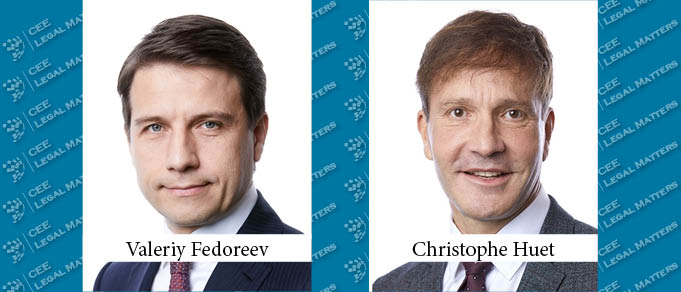Under an Executive Order of the Russian President, special rules for foreign nationals to stay and work in Russia will apply from 15 March to 15 June 2020.
During that time, the following are suspended:
• the period during which foreign nationals can stay or reside in Russia, and the term for migration registration of foreign nationals, when these periods and terms expire between 15 March and 15 June 2020;
• the validity term of documents of foreign nationals issued by Russian authorities, which expire in the period from 15 March to 15 June 2020, including visas, work permits, migration cards, temporary and permanent residence permits;
• the period during which foreign nationals who have a Russian temporary or permanent residence permit are allowed to stay outside of Russia; and
• the deadline by which foreign nationals have to voluntarily leave Russia based on a decision on administrative expulsion or deportation.
In addition, from 15 March to 15 June 2020, employers can hire foreign nationals who are in Russia without the permits that would normally be required.
That being said, to hire a foreign national who has arrived in Russia on the basis of a visa, the employer must have authorisation to attract and use foreign employees. But the Executive Order does not specify whether this requirement applies to highly qualified foreign specialists, who can normally be employed without such authorisation under applicable law. We are awaiting official clarifications by the Russian Ministry of Internal Affairs on this issue.
Comments
The President’s Executive Order is aimed at regulating the status of foreign nationals who are in Russia and have difficulties with obtaining documents due to the restrictions imposed to combat the spread of COVID-19. However, the wording of the Executive Order raises many questions regarding the practical application of the measures it provides for.
In particular, it is unclear what will be the timeframe during which employers will have to obtain work permits for foreign nationals they will have hired without such permits. In addition, the Executive Order is silent on the procedure for extending the validity term of documents whose validity term has been suspended under it.
We hope that the Russian Ministry of Internal Affairs will issue the relevant clarifications in the near future and will report on them in due course.
By Valeriy Fedoreev, Christophe Huet, Partners, and Ekaterina Elekchyan, Senior Associate, CMS Russia
